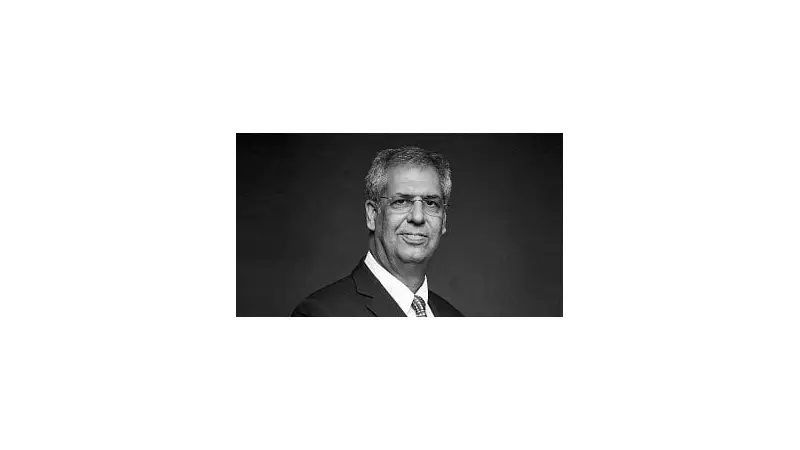
A significant power struggle has erupted within the prestigious Tata Trusts, with Noel Tata joining two other trustees in blocking the reappointment of Mehli Mistry as trustee. This dramatic move exposes deepening fractures within one of India's most influential philanthropic organizations.
The Vote That Shook Tata Trusts
During a crucial meeting of the Sir Ratan Tata Trust and the Sir Dorabji Tata Trust, three trustees including Noel Tata – half-brother of former chairman Ratan Tata – voted against extending Mehli Mistry's tenure. The opposition creates substantial hurdles for Mistry's continuation in his role, raising questions about the future leadership direction of the trusts.
Understanding the Key Players
Noel Tata, currently chairman of Trent Ltd and managing director of Tata Investment Corp, has emerged as a central figure in this governance battle. His alignment with two other trustees against Mistry's reappointment signals a coordinated challenge to the current leadership structure.
Mehli Mistry, a chartered accountant and former board member at various Tata companies, has been serving as a trustee. His potential exit marks another chapter in the ongoing reorganization of the trusts that control significant stakes in Tata Sons.
Broader Implications for Tata Governance
The blocking of Mistry's reappointment isn't an isolated incident but part of a larger pattern of internal disagreements. Sources indicate this reflects ongoing tensions about the strategic direction and management of the trusts that hold approximately 66% of Tata Sons.
This development comes at a critical juncture for the Tata empire, as the trusts undergo significant restructuring and face increasing scrutiny about their governance practices. The outcome of this power struggle could influence decision-making across the entire Tata Group of companies.
What This Means for India's Corporate Landscape
The internal conflicts at Tata Trusts have far-reaching consequences beyond the organization itself. As one of India's oldest and most respected business houses, governance issues at the Tata level often set precedents for corporate India.
Industry observers are closely watching how this leadership tussle resolves, as it could determine the future philanthropic direction and business philosophy of one of India's most valuable corporate entities.





